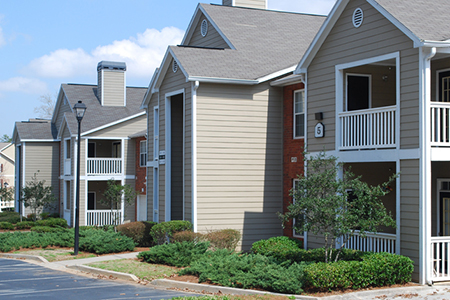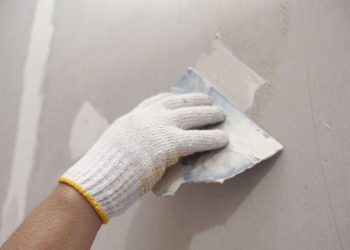If you’re buying a condominium, eventually you’ll be handed an agreement from the Homeowners Association, or HOA, to read and sign.
It will detail the association’s rules, fees, and may go into the HOA’s operating budget and if there are any liens, among other things.
Here are some things to check in the agreement and elsewhere before buying a condo:
Lots of rules
Your real estate agent should be able to at least get you a list of the basic rules of the HOA. You should also ask for a full copy of the HOA rules, also called covenants, and read them carefully. Some restrictions can be overbearing.
They can include limits on pets, age (only residents 55 and older, for example), political signs, and where you can park a boat, trailer or RV or if you can park one at all.
Planning on washing your car or planting a tree in the front yard? You’d better check with the HOA first. If you don’t pay your HOA dues, a lien could be put on your property.
Fees and special assessments
Monthly fees will be charged to cover a variety of expenses by the condo association: landscaping, painting the exterior of the units, insurance, maintenance and upkeep, among others.
It’s also worth checking if the HOA plans to add a special assessment in the next year or two. If so, what’s it for, what is the cost for a condo owner and how long will it last?
Reserve fund and budget
Ask how much money is in the HOA’s reserve fund. The fund is used for general maintenance and special assessments. A small reserve may lead to a special assessment or higher HOA dues somewhere down the road.
Low HOA fees can lead to low reserves and fees that are too high can lead to high reserves that are unnecessary.
Take a look at the HOA budget. See what it’s spending money on now and how that affects its reserve fund.
Insurance
Hazard and liability insurance should be covered by the HOA. If not, the condo owner could be personally responsible for problems at the complex in some instances.
Liens
Make sure there are no liens on the property from the state or local government or by utilities.
There may also be non-occupancy liens or code violation liens by the state or local government that need to be removed, especially if the condo hasn’t been occupied for a long time. A title search or call to the government property office should answer these questions.
Hope you found these tips helpful! Contact me for more insights and info.











